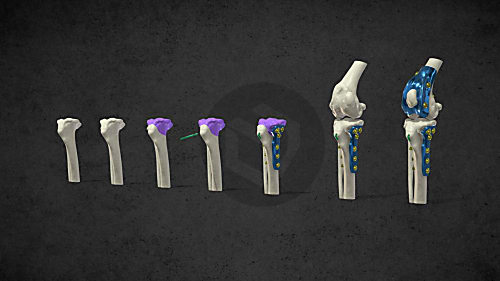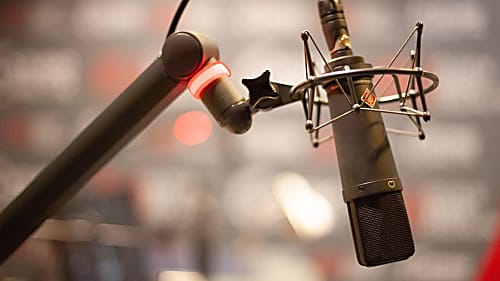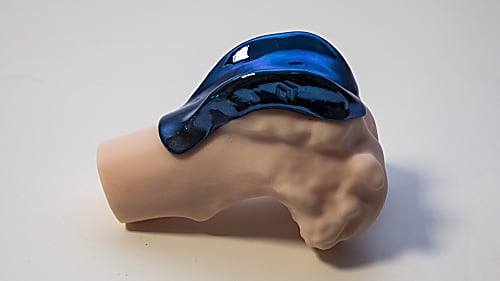Simultaneous Use of Standard and 3D-Printed Implants?
The combined application of custom 3D-printed and traditional implants represents a significant advancement in treating complex orthopedic conditions.
A Hungarian team with veterinarian and engineering background creates anatomical models, drilling guides and implants by means of 3D modelling. Similarly to human medicine, they want to introduce personalised veterinarian medicine with the help of digital design and 3D printing.

The combined application of custom 3D-printed and traditional implants represents a significant advancement in treating complex orthopedic conditions.

The innovations at LimesVet can only achieve their goal together with appropriate rehabilitation, so we closely cooperate with physiotherapy experts as well. Luca Rostás, small animal physiotherapist and the CEO of Ebfizio, has helped many of our patients recover. It is also characteristic of her field that many innovations are transferred from human medicine to the treatment of small animals. According to her, the main direction is a non-coercive, cooperative, personalized and holistic approach to physiotherapy, which considers and treats the body and the problem as a whole.

What are the main differences between modern, 3D-printed implants (3DI) and traditional, standard implants (CI)? Let’s go through them!
Diverse anatomical visualization
Patient-specific surgical equipment
Personalized implants
Patient-specific surgical equipment